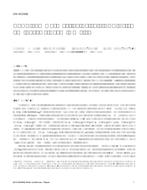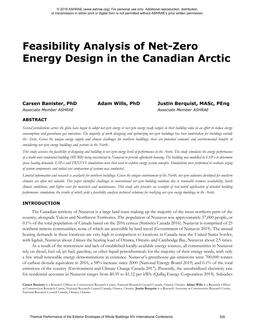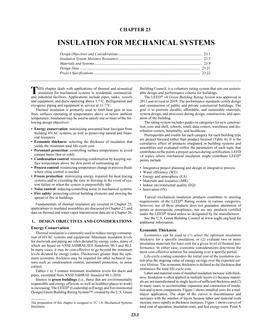The removal of indoor formaldehyde is important for protecting occupants’ health. Thermo-catalytic oxidation (TCO) has a great potentialfor formaldehyde removal in terms of both efficiency and lifetime. However, its performance and removal mechanism under indoor environmentalcondition, which presents relatively low temperature and low concentration level, are not sufficiently studied. This study investigated the performanceof hopcalite catalyst (CuO-MnO2). To explore the catalytic reaction mechanism, the effects of internal diffusion and external diffusion wereevaluated through theoretical calculation and experimental verification by changing face velocity. Tests at a series of inlet formaldehydeconcentrations and various operation conditions were conducted. The effect of inlet formaldehyde concentration (typical indoor level: 180-1300ppb)on the reaction rate was studied with typical indoor environment of 25°C/77°F and 50% RH. The influence of temperature (25-180°C/77-356°F ) and relative humidity (15-80% at 25°C/77°F )) on the reaction rate was also studied. The reaction mechanism models of First order,L-H, E-R and MVK model were applied to fit the experimental data. The conclusions will be useful for evaluating the application possibility ofTCO air cleaners at typical indoor environment.
Citation: IAQ Conference: IAQ 2013: Environmental Health in Low Energy Buildings
Product Details
- Published:
- 2013
- Number of Pages:
- 8
- File Size:
- 1 file , 8.4 MB
- Product Code(s):
- D-2013IAQConf-26


